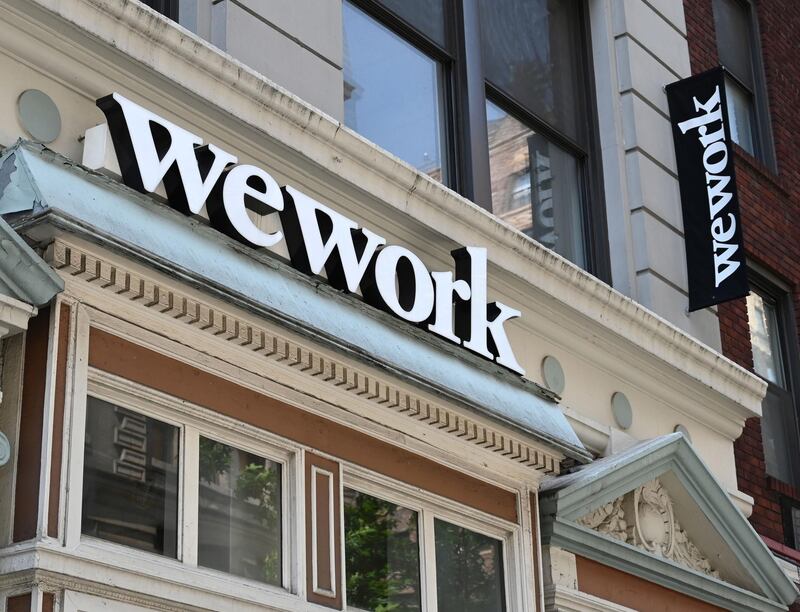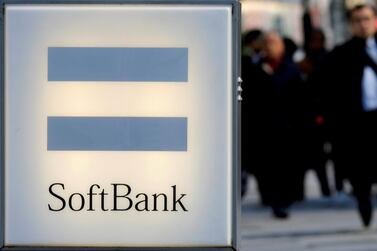WeWork’s new management has embarked on a sweeping review of its expansion plans in London following a bailout by SoftBank, and is reassessing whether to proceed with about 28 potential office deals in its second-largest market.
The deals under review are at varying stages, from a preliminary inspection of promising properties to detailed talks, according to people with knowledge of the process. The review raises questions about what proportion of these offices the company will end up leasing, the people said, asking not to be identified because the talks are private.
WeWork’s parent company We Company is moderating expansion as it tries to turn a profit for the first time and convince investors that its business model will work over the long term. The office-rental company has been racing to slash costs since it pulled its initial public offering in September.
Even a small pullback by WeWork, which is the biggest private office occupant in London, could ripple across the city’s commercial real estate market. The company accounts for about 7 per cent of central London leasing this year and now rents about 4 million square feet (371,612 square metres) across the city, according to data compiled by CoStar Group. Still, vacancy rates in the capital remain low, and rival flexible office companies continue to acquire space.
“London has always been a fantastic market for us and we continue to see strong demand here,” a WeWork spokeswoman wrote in an emailed statement, without directly addressing the review. “We now have 48 buildings open across the capital and have announced a further 11, including 17 St Helen’s Place in the City of London”, which was signed this week.
WeWork secured a $9.5 billion (Dh34.9bn) rescue package from SoftBank, a deal that hands 80 per cent of the company to the Japanese conglomerate. It received an early payment of $1.5bn from SoftBank late last month, as the company was weeks away from running out of money.
Among the properties under review is 5 Churchill Place, the former Canary Wharf home of defunct investment bank Bear Stearns. WeWork is in talks to lease a floor and a half of the building, according to two people with knowledge of the situation.
WeWork’s real estate team operates a so-called gate system, in which property deals are classified on a scale from A, for signed leases, to E for the early stages of assessment. The current review is focused largely on buildings ranked from C to E, the people said.
Even before WeWork’s delayed IPO, only a minority of deals that entered the pipeline would progress to signed leases, and it’s not yet clear how the review will affect the proportion of deals that reach completion, the people said.
The cost of furnishing new properties and marketing them to potential tenants has contributed heavily to the We Company's $2.9bn of losses over the past three years, even as the company seeks to reach deals with landlords that include construction contributions and rent holidays to reduce its upfront costs.







